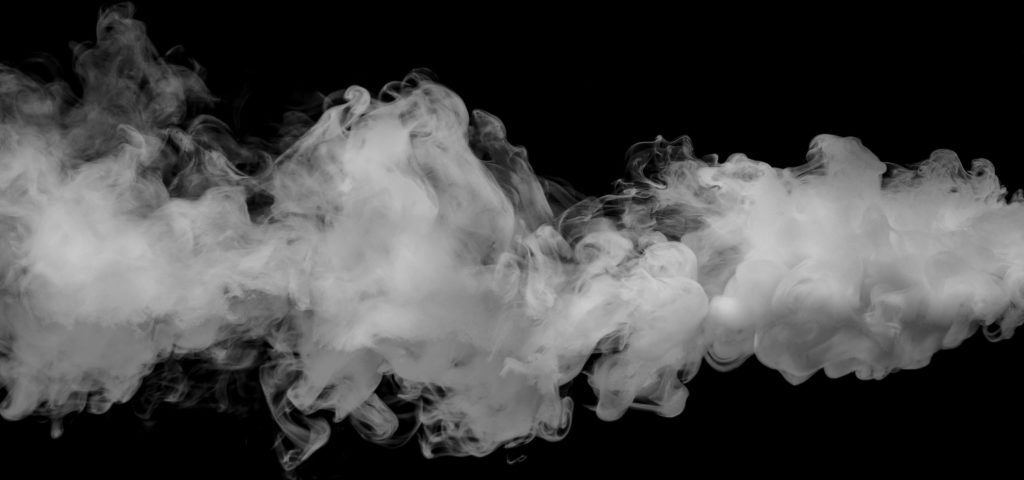On October 11, 2019, the Oregon Liquor Control Commission (“OLCC”) commissioners voted unanimously to adopt temporary rules implementing Governor Brown’s executive order to ban “flavored vaping products.” The six-month ban covers all flavored tobacco and nicotine vaping products as well as certain marijuana vaping products. The executive order also charges the OLCC and the Oregon Health Authority with developing legislative proposals to ban flavored vaping products permanently. Until the Oregon legislature takes action to permanently ban or restrict vaping products, however, the OLCC’s temporary rules will govern the manufacture and sale of flavored marijuana vaping products, including restrictions on the addition of non-marijuana terpenes to marijuana vaping products. The temporary rules become effective today and will remain effective for a minimum of six months. This blog summarizes what we know so far.
What exactly is banned?
The OLCC’s temporary rules prohibit the manufacture and sale of any “cannabinoid vapor product” that contains the following:
- “flavor,” which is defined as any “artificial or naturally-occurring substance that contains a taste or smell, other than the taste or smell of cannabis” and includes flavors such as chocolate, vanilla, or fruit; or
- “non-marijuana terpenes,” which is defined as “a terpene or terpenoid derived from a source other than marijuana.”
In short, the temporary rules only allow the manufacture and sale of marijuana vaping products containing marijuana-derived terpenes ,flavor-free marijuana vaping products, or other additives in marijuana vaping products not currently prohibited by law or subject to prohibition in the future. Generally speaking, a “terpene” is a naturally occurring compound found in many plants (including marijuana) that provides a distinct flavor or aroma.
Perhaps in an effort to extend an olive branch to the marijuana industry, the new rules will eventually allow processors to request an exemption to manufacture a marijuana vaping product “using terpenes derived from botanical sources other than marijuana, so long as every component of the terpene compound is naturally found in cannabis.” The OLCC has not yet provided the standards or process for seeking this exemption but must do so before November 15, 2019. Importantly, the standards for exemption will likely be stringent and may require testing of non-marijuana terpenes.
The OLCC also amended an existing testing rule that previously only allowed random testing of marijuana items for microbiological contaminants. The OLCC may now also require a licensee to submit samples of a marijuana item to the OLCC for testing of “heavy metals, [or] other adulterants, pesticides, solvents, additives, or contaminants that may pose a risk to public health and safety, or are prohibited by law.”
How will the OLCC roll out the ban?
The OLCC separately notified all affected marijuana retailers and processors about the temporary rules and that the manufacture and sale of marijuana vaping products containing “flavors” and non-marijuana terpenes must cease by Tuesday, October 15.
The OLCC now plans to conduct special compliance inspections. Non-compliance with the ban could result in a Category 1 violation and may be grounds for immediate suspension or cancellation of the license.
The OLCC also stated that it plans to refine METRC (the seed-to-sale tracking system) to better track OLCC-compliant terpenes.
If you have any questions about how these temporary rules may affect your business, please contact us.





